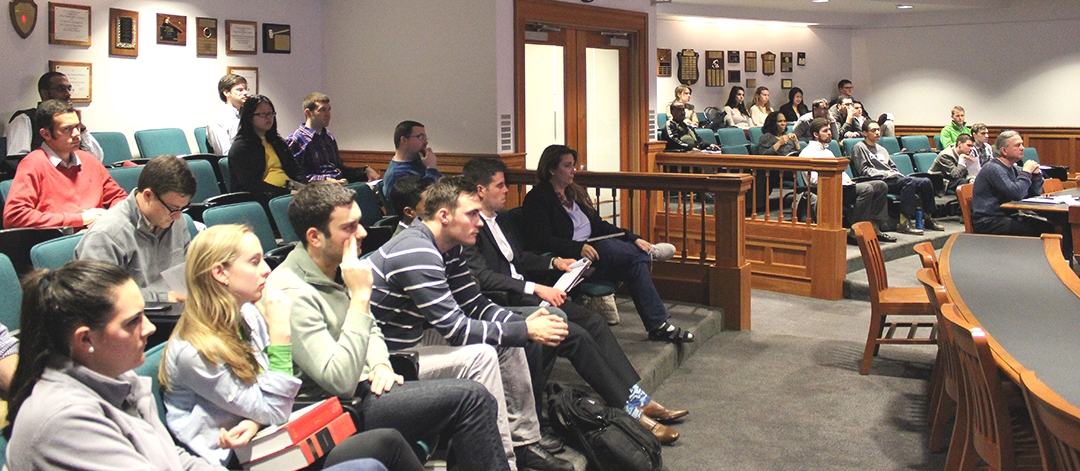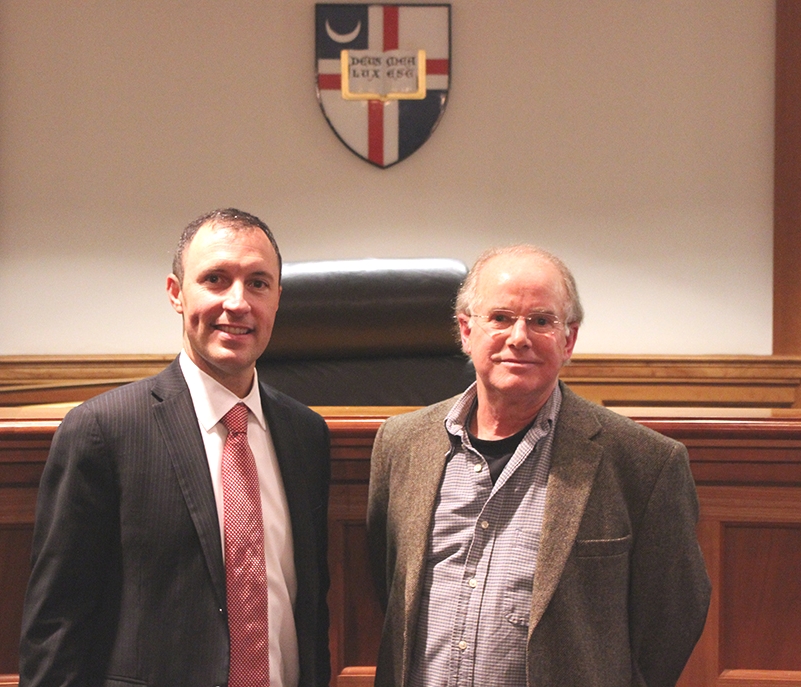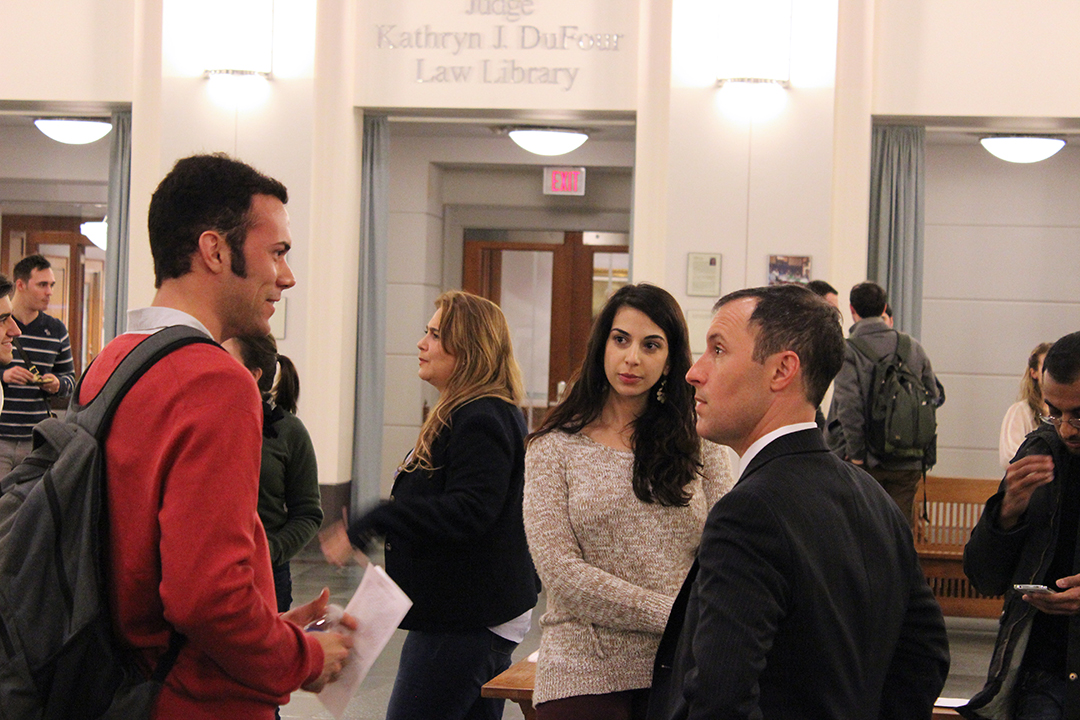
For honest investors, the very term "insider trading" sets their teeth on edge, denoting as it does favoritism, unfair advantage, and slippery methods.

Tasked with clamping down on the practice, the Securities and Exchange Commission remains dedicated to its mission even as top officials concede that success is an ever-moving target. Stephen L. Cohen, an associate director in the SEC's Division of Enforcement, offered remarks, "Prosecuting Insider Trading - A Delicate Balance" to the law school community on Feb. 11. After his introduction by Professor David Lipton, director of the Catholic University's Securities Law Program, Cohen explained what insider trading is, how the SEC has handled it in the past, and how court decisions over the years have affected how it can be prosecuted. At its core, insider trading must generate unfair, windfall profits for the trader in order for a prosecution to be considered. The SEC has the power to impose civil but not criminal penalties against the perpetrator. Cohen said the baseline measure for whether insider trading took place is whether the trader knowingly, for personal benefit, used information not available except through a breach of fiduciary duty. But such evidence is often circumstantial and the chain of events can be difficult to correlate.

Complicating matters, a recent decision from the 2nd Circuit United States Court of Appeals changed the understanding of when a fiduciary duty is breached.
The ruling made it clear that the "tippee," the person who received insider information and used it for gain, is liable only if he or she knew that the tipper had also breached a fiduciary duty in passing on the information. This created a higher burden of proof for federal regulators, but "It's not stopping our insider trading program. We're still bringing a lot of these cases," said Cohen. While the basic definition of insider trading hasn't really changed, methods to achieve it have become high-tech. Today, inside trades can be executed via computer algorithms that trade at hypersonic speed. Some companies specialize in bundling and selling inside information to clients to gain unfair advantage in the stock market. There are even clubs of inside traders who work together to get around government regulations. "It's a very complex world," Cohen said. But at the same time, the SEC's own tools have vastly improved its ability to counter insider trading. "We can now evaluate how traders behave," Cohen noted. Irregularities and anomalous trading patterns have become easier to identify, helping the SEC to stay in the race against trading abuses.

Cohen acknowledged that the SEC's battle against insider trading will always remain a chess match, with move matched by countermove between his enforcement division and traders who want to play outside of the rules. "It's an interesting time to try and combat it," he summed up. After his remarks, Cohen took questions from students and attended a post-lecture reception. Catholic University's Securities Law Program sponsored the talk as part of its annual speaker series. In addition to a long career serving the SEC in various capacities, Cohen has also worked in private practice and as a trial attorney at the U.S. Department of Justice where he was part of the Attorney General's Honor's Program.
